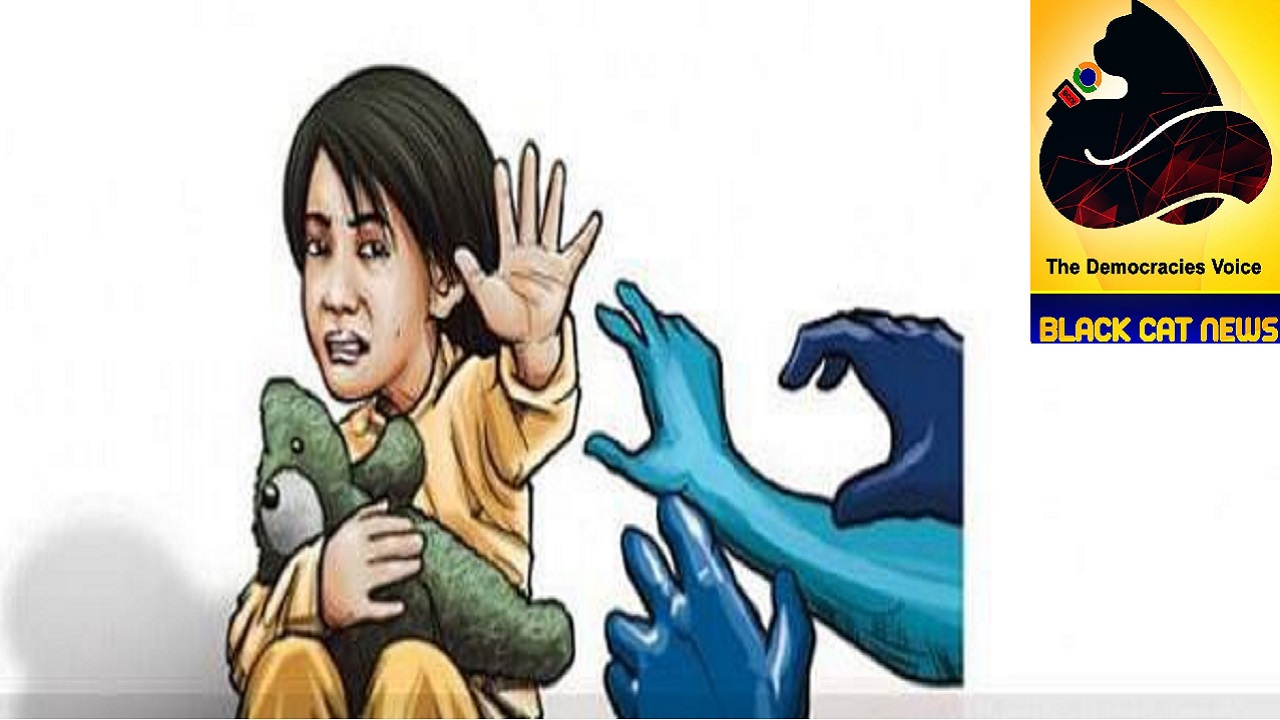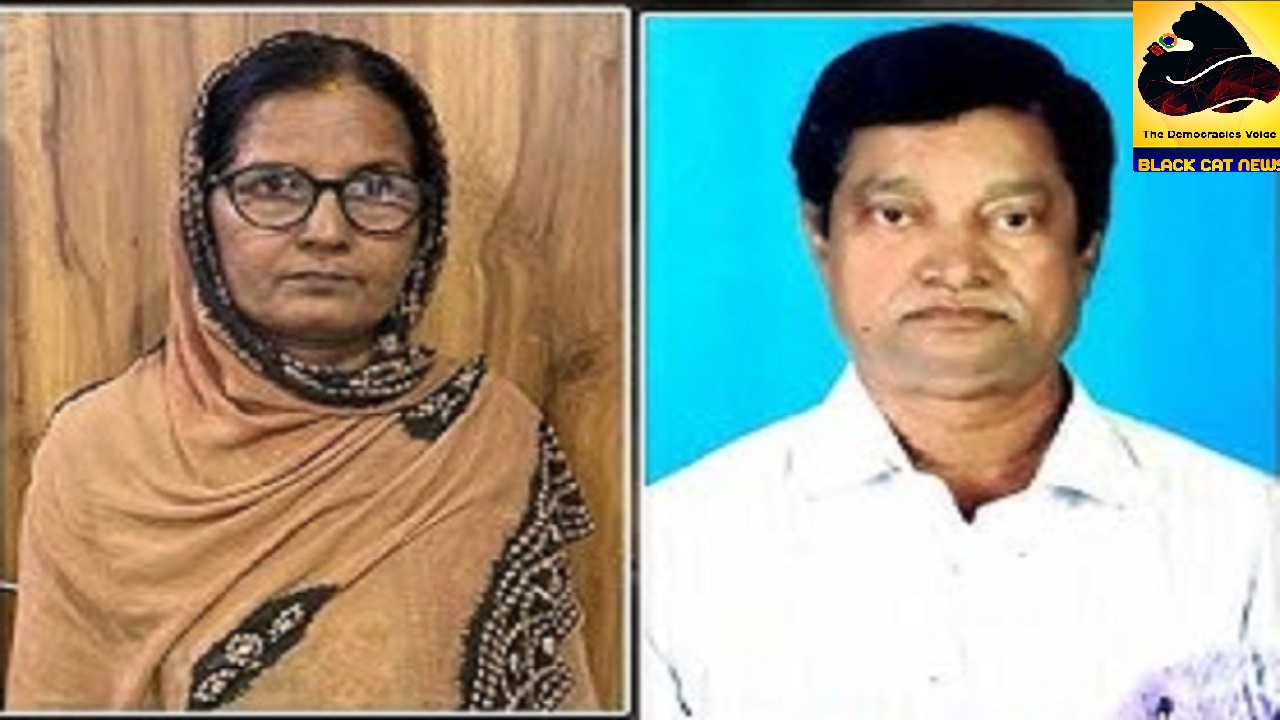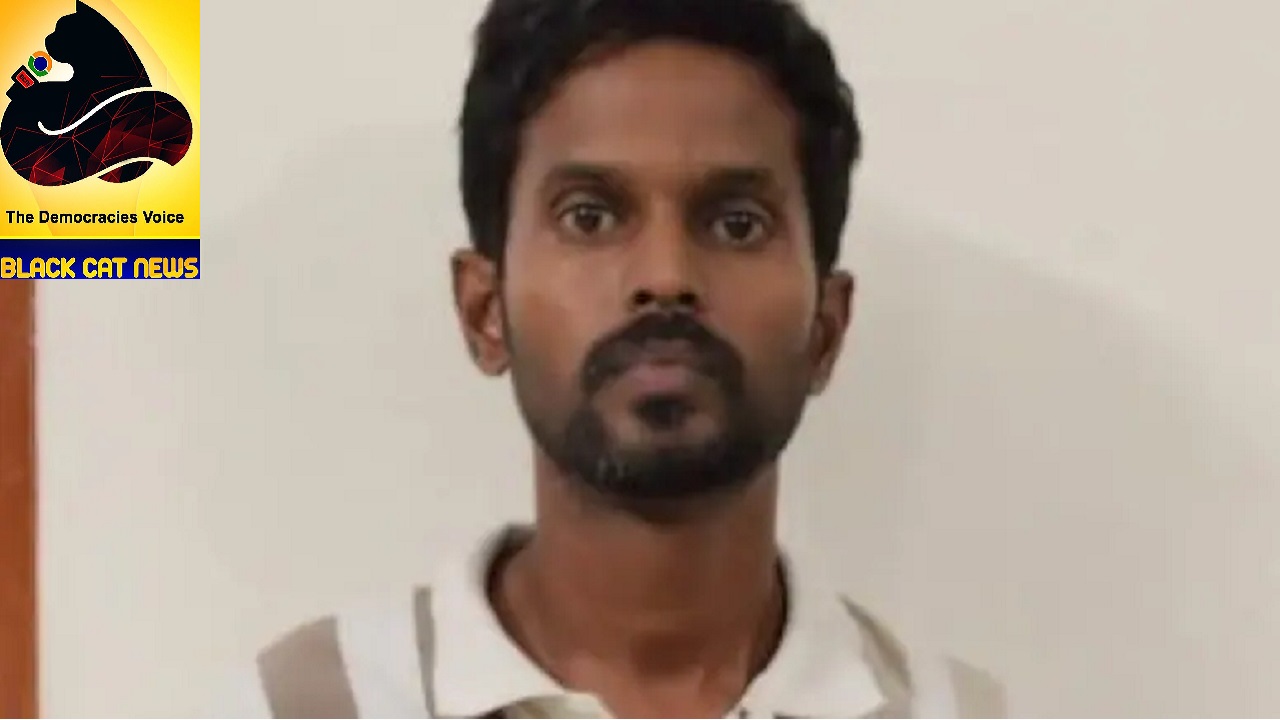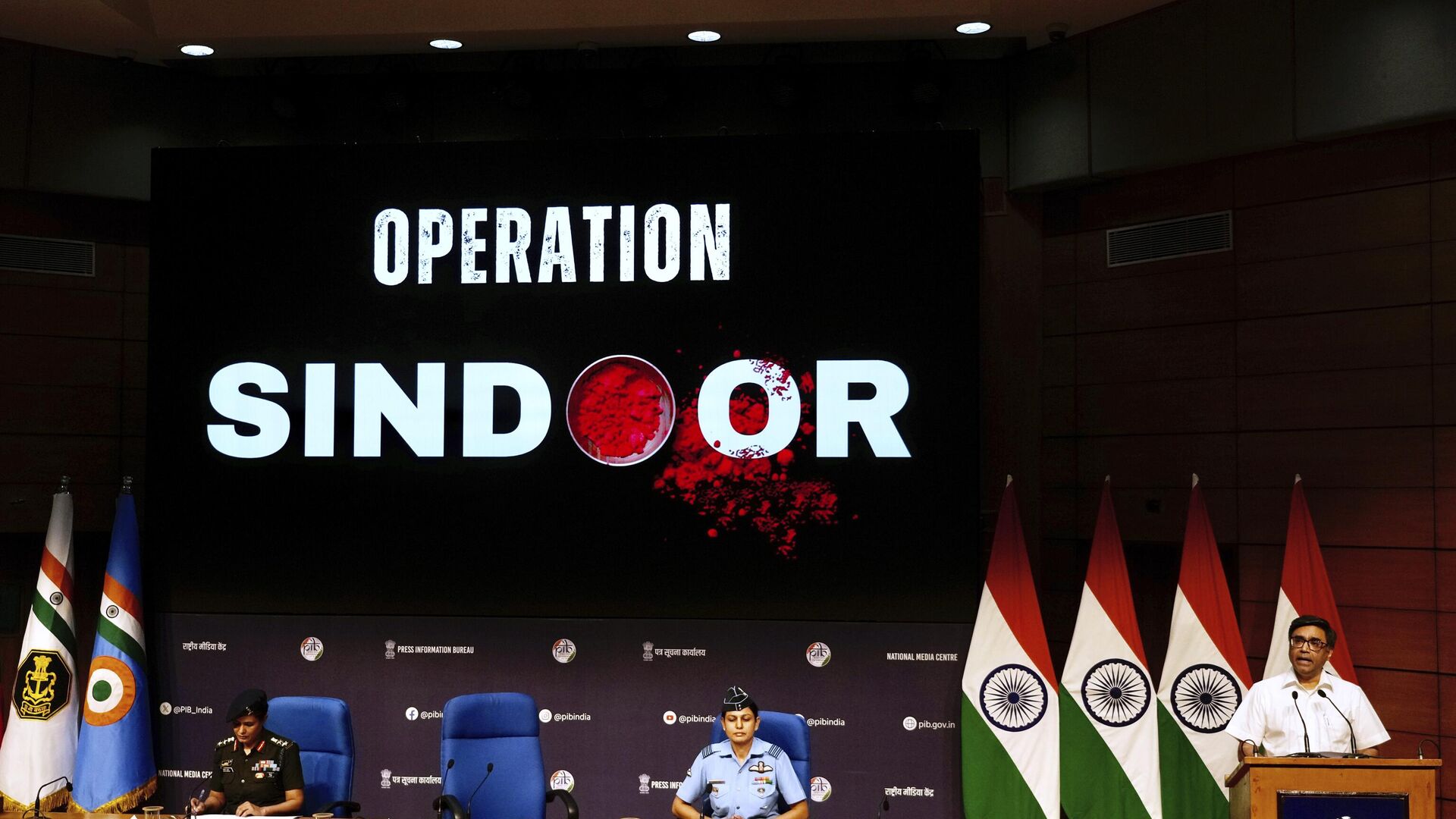Father Sentenced to 20 Years for Repeatedly Raping Minor Daughter
0 Comments । By Black Cat News । 1 June, 2025

New Delhi, June 1, 2025 – A Delhi court has sentenced a man to 20 years of rigorous imprisonment for repeatedly raping his minor daughter over more than 20 days in 2018, when she was 15 years old. The verdict, delivered on May 19, 2025, by Additional Sessions Judge Anu Aggarwal at the Tis Hazari Court, convicted the accused under Section 6 of the Protection of Children from Sexual Offences (POCSO) Act for aggravated penetrative sexual assault, as well as Sections 376 (rape), 377 (unnatural offenses), and 506 (criminal intimidation) of the Indian Penal Code (IPC). The court described the crime as one of the “most heinous,” emphasising the profound betrayal of trust by a father against his own daughter.
The case came to light in 2018 after the victim, now 22, disclosed the abuse to authorities, leading to the registration of a First Information Report (FIR) on July 31, 2018, at a Delhi police station. The assaults occurred within the family’s home, a place where the victim should have felt secure. The court noted that the accused, the victim’s father, exploited his position of authority to perpetrate the crime repeatedly over 20 days, subjecting her to both penetrative sexual assault and unnatural sexual acts. To silence her, he resorted to threats, intimidating her into not reporting the abuse.
During the trial, the victim’s testimony revealed the deep psychological trauma she endured. Even seven years after the assaults, she expressed fear of societal stigma and blame, telling the court she was apprehensive that people would hold her responsible if her father faced imprisonment. Additional Sessions Judge Aggarwal highlighted this emotional burden in her judgment, stating, “The girl was subjected to the most heinous crime within the four walls of her home by her father, who was supposed to be her protector.” The court acknowledged the lifelong scars left by the betrayal, noting that the victim’s trust in her father had been irreparably shattered.
Additional Public Prosecutor Arun K V, representing the prosecution, argued vehemently against any leniency during the sentencing hearing. He stressed the gravity of the offence, describing it as a “crime against the daughter by her own father,” which warranted the maximum punishment. The prosecution’s case detailed how the accused’s actions not only violated his daughter’s dignity but also involved coercion and intimidation to ensure her silence, compounding the severity of the offence.
The court imposed a sentence of 20 years of rigorous imprisonment under the POCSO Act for aggravated penetrative sexual assault, with concurrent sentences for the IPC charges of rape, unnatural offenses, and criminal intimidation. Additionally, a fine of ₹10,000 was levied on the accused, with the court directing the amount to support the victim’s rehabilitation. Recognising the long-term psychological impact on the victim, the court recommended that she receive counselling and support services to aid her recovery.
The court also awarded ₹16 lakh compensation to the victim.
This conviction underscores the judiciary’s firm stance on crimes against minors, particularly within familial settings, which are seen as egregious violations of trust. The ruling aligns with a growing trend in India, where courts are increasingly imposing stringent penalties for sexual offences against children to deter such crimes and ensure justice for survivors. Legal experts have praised the verdict as a step toward reinforcing accountability, especially for perpetrators in positions of authority.
The case has also sparked broader conversations about the need for enhanced awareness, robust support systems for survivors of child sexual abuse, and preventive measures to address such crimes within families. Authorities have ensured that the victim’s identity remains protected under the provisions of the POCSO Act, and steps are being taken to provide her with ongoing support to navigate the emotional and social challenges in the aftermath of the trial.
The Tis Hazari Court’s decision sends a powerful message about the consequences of betraying the trust of a child, reinforcing the judiciary’s commitment to safeguarding the rights and dignity of minors. As the victim continues her journey toward healing, the verdict stands as a testament to the legal system’s resolve to deliver justice in cases of such profound moral and ethical violations.
SWADHIN MOHAN MOHAPATRA's Report
BlackCatNews, Cuttack






